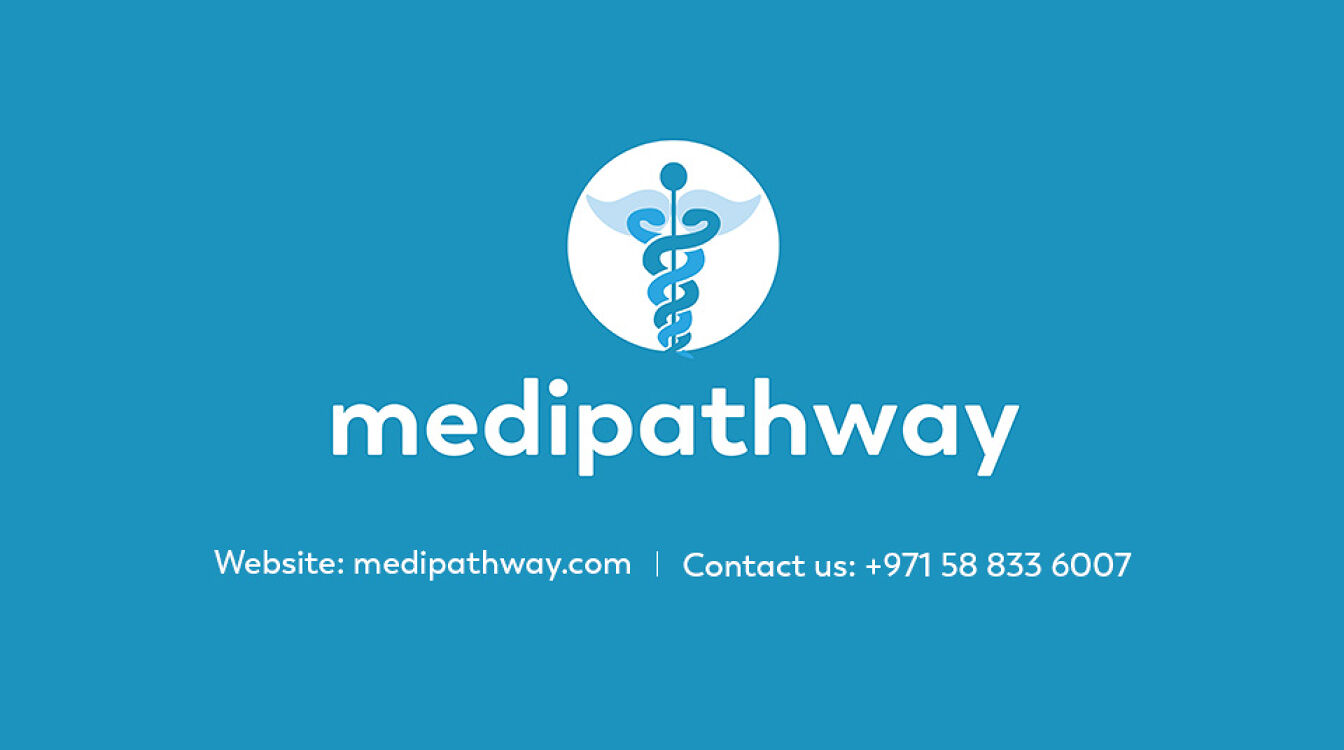Medipathway - How To Apply To Caribbean Medical Schools
Getting into a Caribbean medical school isn't difficult, but you do have to follow some guidelines. These include Accreditation status, Rotation experience, GPA requirements and Attrition rate.
Accreditation status
Until recently, the accreditation status of Caribbean medical schools was relatively lax. These days, however, these schools are undergoing rigorous peer review processes.
These processes are not only intended to assure the public and health professions, but also promote the institution's self-evaluation and improvement. In addition, the process can also make sure that the school is meeting the required standards.
There are a number of different standards that Caribbean medical schools must meet. These include faculty and curricular content. They must also ensure that the structure of the school is in line with the Liaison Committee on Medical Education (LCME) requirements. These standards are reviewed by the Foundation for Advancement of International Medical Education and Research (FAIMER) and adjudged compliant with international standards.
Some of the major factors that determine the success of a student include the quality of the learning environment, the curriculum's rigor, and the level of support offered by the school. In addition, students should look for a faculty that is highly qualified and able to support them in their studies.
Students should also consider the attrition rate of the program. High attrition rates can result in students leaving the school without obtaining an MD degree. The student-to-faculty ratio varies from school to school.
Lastly, the school's average GPA should be checked. A competitive GPA is one of the key factors that indicate a good medical school.
For students looking to study in the Caribbean, it is important to consider these things when determining which school is right for them. In addition, the cost of tuition varies greatly from school to school. It is important to carefully consider the loan repayments that may be incurred.
A great Caribbean medical school is not only accredited, but also provides its graduates with the opportunities they need to succeed. In addition, Caribbean medical schools offer a variety of recreational activities. These schools are becoming increasingly popular among students, especially Canadians.
GPA requirements
Choosing the right Caribbean medical school is a daunting process. You want to find a school that will prepare you for the rigorous medical world in the U.S. There are many factors to consider, such as the GPA requirements and USMLE pass rates, as well as residency match rates. You will also want to know how much you'll have to pay for your medical education, including tuition, transportation, and living expenses.
Most students finance their degree through student loans. This is because most schools provide funding specifically for international students. However, you can also reduce the cost of your medical education by obtaining scholarships.
Most Caribbean medical schools require applicants to have an average GPA of 3.2 to 3.5. In addition, applicants must have a strong USMLE score. The average MCAT score required for admission at Caribbean medical schools is between 490 and 500. The test is standardized and administered by the Association of American Medical Colleges.
You must also have strong letters of recommendation from clinical supervisors. The admissions committee will also consider your character and experience.
The Saba University School of Medicine is one of the most prominent Caribbean medical schools. The school's curriculum includes five semesters of basic sciences on the island, as well as 72-week clinical rotations in the U.S. and Canada. Classes begin in September.
The American University of the Caribbean School of Medicine is another Caribbean medical school that emphasizes social accountability and international learning experiences. The school has small class sizes and a dedicated staff. It is accredited by the National Accreditation Commission on Colleges of Medicine. The school is also Title IV Funding eligible.
You will have to complete an online application and submit a letter of recommendation, MCAT scores, and a foreign transcript evaluation. You will also have to attend a two-night hotel stay during your school tour.
USMLE pass rates
Getting into a medical school in North America is a competitive process. With this in mind, aspiring doctors may wonder how USMLE pass rates for Caribbean medical schools compare to the U.S. Here's a look at the average USMLE pass rate of graduates from a Caribbean medical school in 2017.
A high USMLE pass rate indicates that the Caribbean medical school you are considering is a good option. It's important to make sure that the school you are considering has an accredited curriculum. This is an important indicator of whether the school meets national standards.
When researching a Caribbean medical school, you should also be sure to check the average USMLE step 1 score. The higher the score, the better your chances of matching into a residency program.
A student with a strong academic background and a high MCAT score should be able to get into a good medical school. However, if you're not a stellar student, you'll have to make up for it with extracurricular activities and experience.
When researching a Caribbean medical school, consider the total cost. This includes tuition, housing, and travel expenses. Depending on the school, this can be as low as $100,000 or as high as $300,000. The high price of education can put a dent in your finances. You should also research how much loan repayment will be. You don't want to be stuck in debt after you graduate.
Another important factor to consider when researching a Caribbean medical school is the quality of the clinical training. The quality of your clinical rotations can affect how well you do in the residency match.
Lastly, if you're considering a Caribbean medical school, you should take the time to visit the campuses before accepting an offer. You'll be able to see the school's faculty, student-to-faculty ratio, and patient case volume. You'll also be able to speak with students about the experience.
Rotation Experience Required
During your time in medical school, you'll be involved in several clinical rotations that provide you with a wide range of experiences. Each rotation is designed to give you hands-on experience in different medical specialties. You'll also participate in research and case studies. This will help you choose the specialty that's right for you.
Many Caribbean medical schools offer unique opportunities for their students. These include clinical training sites in the US and Canada. In addition, these campuses have clinics that serve at-risk members of their communities. In addition, these students have access to student loans and scholarships. They also enjoy a variety of recreational activities.
Caribbean medical schools can be very expensive. In addition, they have limited competitiveness. You'll need to earn high USMLE Step 1 scores and an impressive letter of recommendation in order to be accepted. The attrition rate can be quite high. This can make it difficult to repay your loan.
The clinical training is the most exciting phase of medical school. This is where you'll be doing the most hands-on work. Your duties will vary from examining patients to treating them. You'll also perform other tasks such as administering tests, writing prescriptions, and making diagnoses. It's important to refresh your knowledge of diagnoses, medical terminology, and basic science concepts.
It's also important to make sure your school is accredited. This will allow you to get a match for a residency program in the US or Canada. For international students, you'll need to be certified by the Educational Commission for Foreign Medical Graduates (ECFMG). You'll only be able to practice in the US after you receive your certification.
Although it's not mandatory, you may want to take a few practice USMLE exams before you apply to a Caribbean medical school. Some schools only accept students with an MCAT score of at least 496.
Attrition rate
Compared to US medical schools, Caribbean medical schools tend to have a higher attrition rate. This may be due to a competitive atmosphere or the lack of support systems for students. Ultimately, a high attrition rate can make it difficult for a student to advance in their career.
One of the biggest challenges for medical students is matching into residency programs. This is especially true for students from other countries. There are several factors to consider when deciding on a residency program.
The first thing to consider is whether the school has a strong affiliation with US hospitals. Having a good connection will help you get into residency. However, it isn't always guaranteed.
In addition, students at Caribbean medical schools must have excellent test scores. They can't advance in the clinical rotations until they pass the internal and external tests. This can cause problems for aspiring doctors who don't have strong exam scores.
Some of the top Caribbean medical schools are Saba, Ross University, American University of Antigua, and St. George's University. All four are considered to be the best because of their ability to provide licensure for graduates in all 50 states.
Most of the Caribbean med schools have connections with hospitals in the United States. These relationships allow the schools to match their graduates with residency positions. There are also many for-profit schools in the Caribbean.
If you're considering a Caribbean med school, it is important to know how competitive it is for residency positions. In fact, the Caribbean attrition rate can be higher than U.S. medical schools.
In order to secure a spot at a Caribbean medical school, you will need to have a high GPA, practice USMLE exams, and receive impressive letters of recommendation. You can also enter the National Residency Match Program. If you don't match into a residency position, you will have to reapply next year.




Comments
Post a Comment